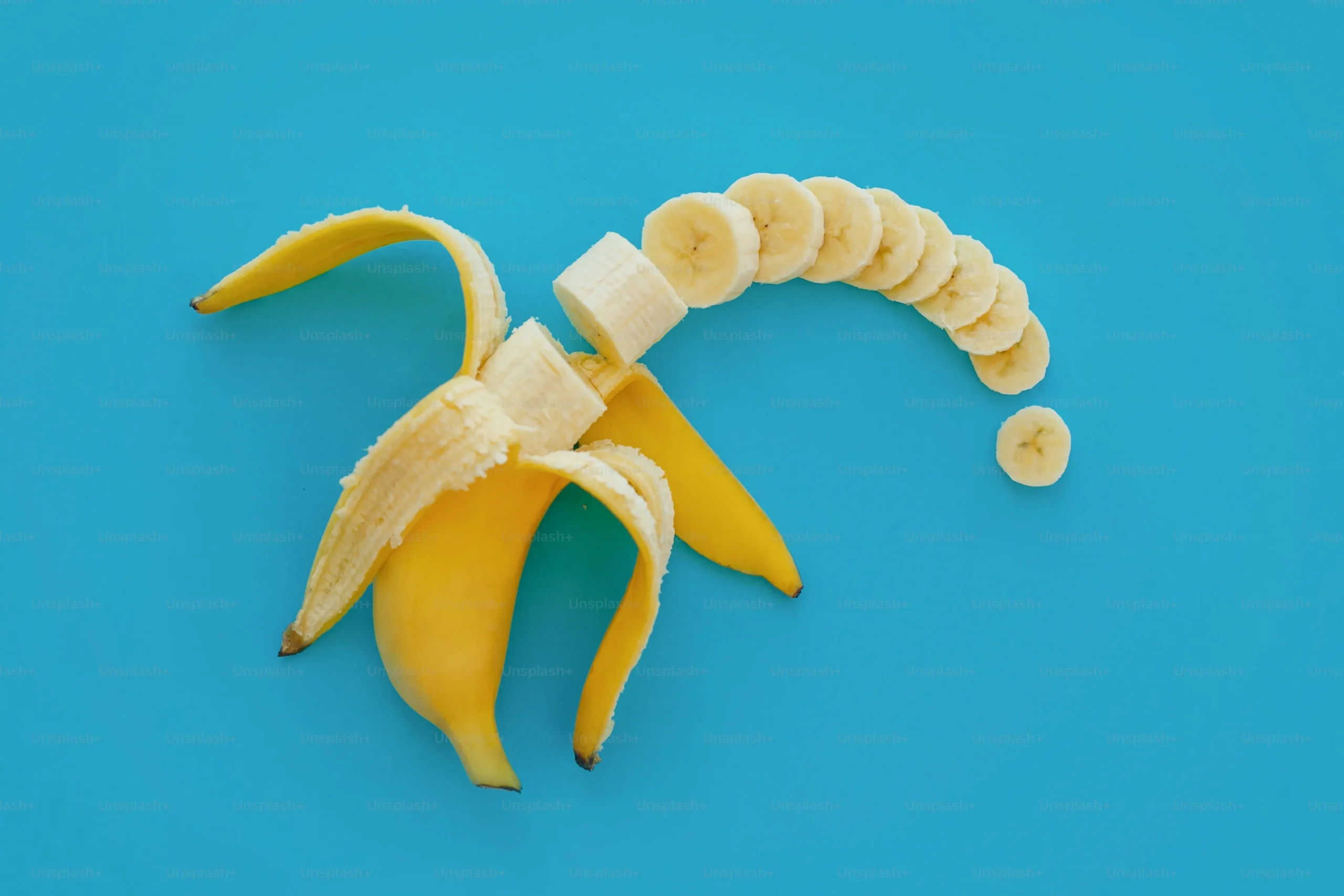The Lowdown on Why Bananas Split and How to Prevent It
Bananas are one of the most commonly consumed fruits in the world, but have you ever stopped to wonder what causes them to split? In this article, we’ll explore everything you need to know about bananas, including what they are, what causes them to split, the different types of bananas that are more prone to splitting, tips to prevent bananas from splitting, and the health benefits of eating bananas. Whether you’re a fan of this yellow fruit or simply curious about its inner workings, keep reading to learn more!
What is a banana?
Bananas are a fascinating fruit that many people take for granted. They belong to the family Musaceae and are one of the most commonly consumed fruits in the world. Despite their popularity, few people truly understand what makes a banana so unique.
At its core, a banana is essentially a giant berry that grows on a herbaceous plant. Each fruit is made up of several individual sections called “hands,” which contain anywhere from 10-20 smaller sections called “fingers.” These fingers are packed with essential nutrients like potassium, vitamin C, and fiber.

But there’s more to bananas than just their nutritional value. They have played an important role in human history for centuries, with evidence of their cultivation dating back to ancient civilizations like the Mayans and Egyptians. In fact, bananas were even used as currency at one point!
Today, they continue to be an important crop around the world, with thousands of different varieties grown across continents like Africa and Asia. From sweet dessert bananas to starchy cooking bananas (often referred to as plantains), there’s no shortage of ways to enjoy this versatile fruit.
So whether you’re looking for a quick snack or want to learn more about the fascinating world of tropical fruits, there’s no denying that bananas have something special to offer.
What causes bananas to split?
Bananas are a fascinating fruit, beloved by many for their sweet taste and convenient packaging. But have you ever wondered what causes bananas to split? The answer lies in the complex biology of the fruit and the way it ripens.
As bananas ripen, they produce a gas called ethylene. This gas is crucial to the ripening process, as it triggers enzymes in the fruit that break down starches into sugars. As these sugars accumulate, the banana becomes sweeter and softer.
But ethylene also has another effect on bananas: it causes them to split open at their seams. This is because as the banana ripens, its skin becomes thinner and more delicate. When exposed to high levels of ethylene or other stressors like temperature changes or physical damage, small cracks can form in the skin of the banana.
As these cracks grow larger over time, they eventually cause the banana to split open completely. While this may seem like a flaw in nature’s design, it actually serves an important purpose: by splitting open when ripe, bananas are able to disperse their seeds more effectively.
So next time you enjoy a deliciously ripe banana that has split open on its own accord, remember that this is just one example of nature’s intricate and fascinating processes at work!
The different types of bananas that are more prone to splitting are.
Bananas are a staple fruit in many households, but did you know that there are different types of bananas that are more prone to splitting than others? This can be frustrating for those who want to enjoy their bananas without any hassle.
One such type is the Cavendish banana, which is the most commonly consumed variety worldwide. While they may be delicious and convenient, they are also quite delicate and prone to splitting due to their thin skin.

Another type of banana that is known for its tendency to split is the Lady Finger banana. These smaller, sweeter bananas have a thinner skin than other varieties and can easily become damaged during transport or handling.
But not all types of bananas are created equal when it comes to splitting. The Gros Michel banana was once the most popular variety until it was largely replaced by the Cavendish due to disease susceptibility. However, these bananas were known for their thick skin and resistance to splitting.
Overall, understanding which types of bananas are more prone to splitting can help consumers make better choices when purchasing or handling them. By being mindful of how delicate certain varieties can be, we can all enjoy our favorite fruit without frustration or waste.
Tips to prevent bananas from splitting include storing them away from other fruits, not over-ripening them, and keeping them at room temperature.
Bananas are a beloved fruit, but nothing is more frustrating than buying a bunch of fresh bananas only to have them split and become overripe before you get the chance to enjoy them. Luckily, there are several tips you can follow to prevent bananas from splitting prematurely.
Firstly, make sure you store your bananas in a cool and dry place. Avoid exposing them to direct sunlight or heat as this can speed up the ripening process and cause the bananas to split faster.
Another tip is to separate each banana from the bunch. When left together, ethylene gas produced by one banana can cause others nearby to ripen too quickly and eventually split. By separating each banana and wrapping their stems with plastic wrap or aluminum foil, you will slow down the production of ethylene gas.

Additionally, avoid storing your bananas near other fruits such as apples or pears which also produce ethylene gas that could accelerate ripening.
Finally, if you want your bananas to last longer without splitting or overripening then consider freezing them! Simply peel off their skin and place in an airtight container before placing in the freezer. Frozen bananas can be used later for smoothies or baking recipes.
By following these simple tips on how to prevent splits on your beloved fruit – Bananas – , you will extend their shelf life while also ensuring they remain fresh until it’s time for consumption!
The health benefits of eating bananas are numerous.
Bananas are often overlooked as just a simple fruit, but they offer a plethora of health benefits that should not be ignored. From their high nutrient content to their ability to boost mood, bananas are truly a superfood.
One of the most notable health benefits of bananas is their high potassium content. Potassium is an essential mineral that plays a vital role in maintaining healthy blood pressure levels and promoting heart health. Bananas are also high in fiber, which aids in digestion and helps regulate blood sugar levels.
But the benefits don’t stop there! Bananas also contain vitamins C and B6, which support the immune system and promote healthy brain function. Plus, they have been shown to improve mood due to their tryptophan content – an amino acid that helps produce serotonin, known as the “feel-good” hormone.
Incorporating bananas into your diet can be as simple as adding them to smoothies or oatmeal for breakfast or eating them as a quick snack on-the-go. With all of these incredible health benefits, it’s no wonder why bananas are considered one of nature’s most perfect foods!
Check out our other articles to find out even more about banana.
After exploring the different causes of banana splitting, it’s clear that there are many factors at play in determining when and why your bananas may split. From climatic conditions to the type of banana you purchase, all these things should be considered next time you go shopping for a bunch! To learn more about bananas and how to maximize their health benefits, check out our other articles to find out even more about banana.











